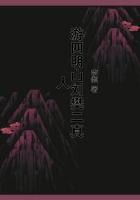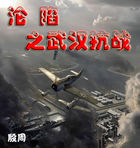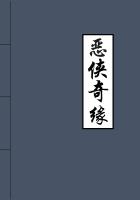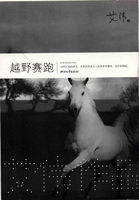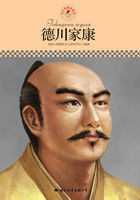It is the labourer who advances his labour to the capitalist for a week, a month, or three months, according to whether he is paid by the week, by the month, or every three months. If the capitalist bought labour-power instead of paying for it, in other words, if he paid the labourer his wages in advance for a day, a week, a month, or a quarter, he would be justified in claiming that he advanced wages for those periods. But since he pays after the labour has lasted for days, weeks, or months, instead of buying it and paying for the time which it is to last, the whole thing amounts to a capitalist quid pro quo , and the advance which the labour gives to the capitalist in labour is turned into an advance of money given to the labourer by the capitalist. It does not alter the case in the least that the capitalist gets back the product itself or its value (together with the surplus-value embodied in it) from circulation, or realises it, only after a relatively long or short period of time, according to the different periods required for its manufacture or for its circulation.
The seller of a commodity does not care a rap what its buyer is going to do with it. The capitalist does not get a machine cheaper because he must advance its entire value at one shot, while this value returns to him only gradually and piecemeal from circulation; nor does h e pay more for cotton because its value enters entirely into the value of the product into which it is made and is therefore replaced fully and at one time by the sale of the product.
Let us return to Ricardo.
1. The characteristic feature of variable capital is that a definite, given (and as such constant) part of capital, a given sum of values (assumed to be equal in value to the labour-power, although it does not matter here whether the wages are equal, more or less than the value of the labour-power)is exchanged for a self-expanding, value-creating power, viz., labour-power, which not only reproduces its value, paid by the capitalist, but simultaneously produces a surplus-value, a value not existing previously and not paid for by any equivalent. This characteristic property of the part of capital laid out for wages, which distinguishes it toto coelo as variable capital from constant capital, disappears when-ever the part of capital expended on wages is considered solely from the point of view of the process of circulation and thus appears as circulating capital in contradistinction to the fixed capital laid out in instruments of labour. This is apparent if only from the fact that it is then brought under one head -- that of circulating capital -- together with the component part of the constant capital laid out in material of labour and opposed to the other component of the constant capital -- that laid out in instruments of labour. Surplus-value, hence the very circumstance which converts the laid-out sum of value into capital, is entirely ignored thereby. Similarly the fact is ignored that the part of the value added to the product by the capital laid out in wages is newly produced (and therefore really reproduced), while the part of the value which the raw material adds to the product is not newly produced, not really reproduced, but only preserved in the value of the product, conserved, and hence merely reappears as a component part of the value of the product. The distinction, as now seen from the point of view of the contrast between fixed and circulating capital, consists simply in this: The value of the instruments of labour used for the production of a commodity enters only partially into the value of the commodity and is therefore only partial-ly replaced by its sale, hence is replaced altogether only piecemeal and gradually. On the other hand the value of the labour-power and subjects of labour (raw materials, etc.) used for the production of a commodity entirely enters into it and is therefore entirely replaced by its sale. In this respect, as far as the process of circulation is concerned, one part of capital presents itself as fixed, the other as fluent, or circulating.
In both cases it is a matter of transferring given, advanced values to the product and of their replacement by the sale of the product. The difference now depends only on whether the transfer of value, and consequently the replacement of the value, takes place piecemeal and gradually, or in bulk.
By this means the distinction between the variable and constant capital, which decides everything, is blotted out, hence the whole secret of the production of surplus-value and of capitalist production, the circumstances which transform certain values and the things in which they present themselves into capital, are obliterated. All constituent parts of capital are the distinguished merely by their mode of circulation (and, of course, circulation of commodities concerns itself solely with already existing given values);and the capital laid out in wages shares a peculiar mode of circulation with the part of capital laid out in raw materials, semi-finished products, auxiliary materials, as opposed to the part of capital laid out in instruments of labour.
It is therefore understandable why bourgeois Political Economy instinctively clung to Adam Smith's confusion of the categories "constant and variable capital" with the categories "fixed and circulating," and repeated it parrotlike, without criticism, from generation to generation for a century. The part of capital laid out for wages is no longer in the least distinguished by bourgeois Political Economy from the part of capital laid out for raw materials, and differs only formally from constant capital -- on the point of whether it is circulated piecemeal or in one lump by the product. Thereby the basis for an understanding of the real movement of capitalist production, and hence of capitalist exploitation, is buried at one stroke. It is but a question of the reappearance of advanced values.


